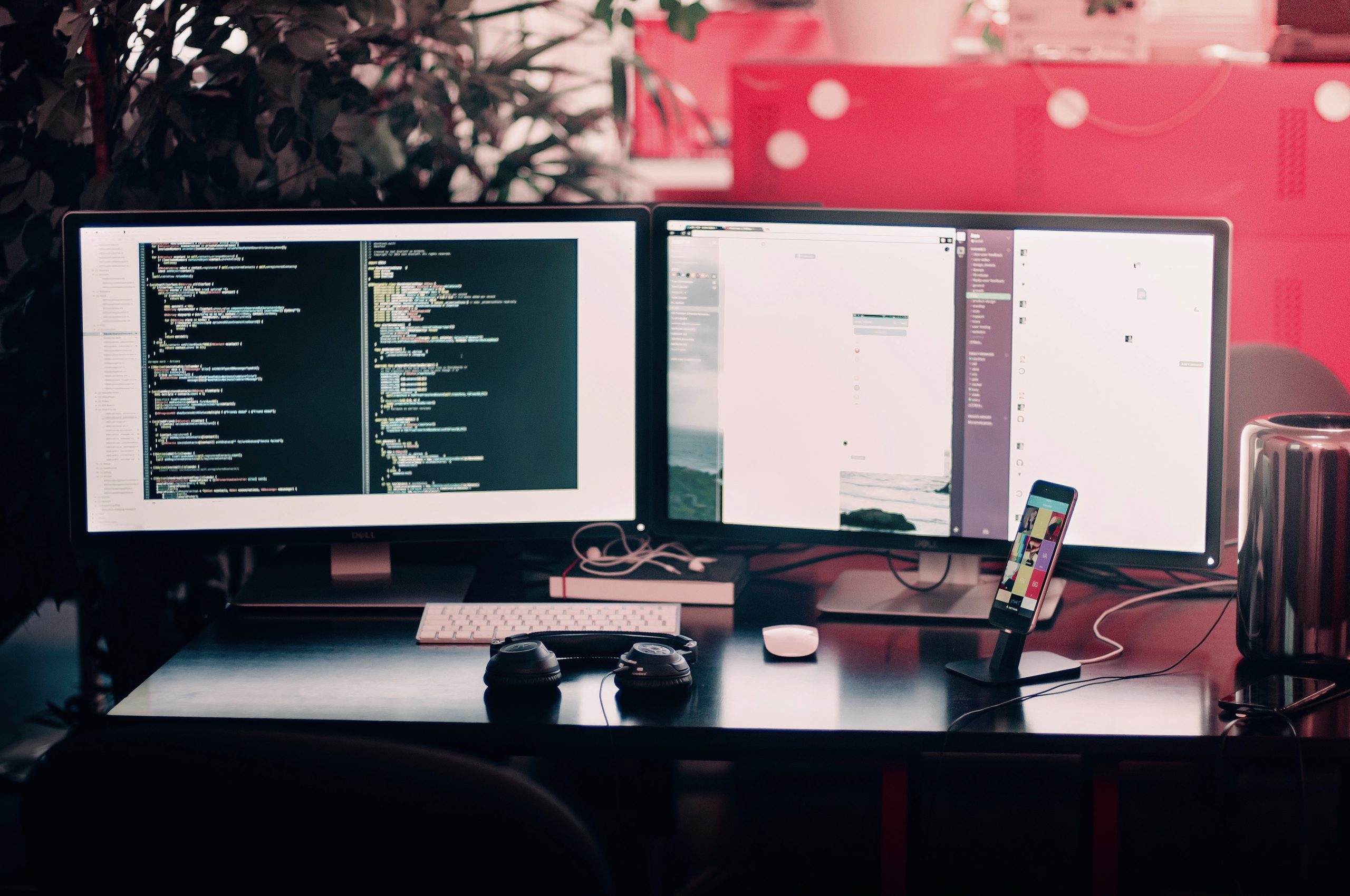Could you soon be watched at work by neurotechnology? Watchdog warns it is more possible than we might think.
Future businesses could potentially utilise neurotechnology for hiring or monitoring their employees, according to a warning by the Information Commissioner’s Office (ICO).
The ICO has raised concerns about possible discrimination if this brain-monitoring technology, dubbed “neurotech”, is not developed and utilised responsibly.
In its inaugural report on “neurodata” – information derived from the brain and nervous system – under the Tech Futures: Neurotechnology series, the ICO explores several speculative future applications of neurotech, including workplace monitoring.
This comes in the wake of companies like Elon Musk’s Neuralink exploring innovative methods of integrating computers with the human brain.
“We’re witnessing substantial growth in this field, in terms of both investments and patent development,” Stephen Almond from the ICO told BBC News.
While neurotech is currently regulated in the healthcare sector, commercial interest in the technology is escalating.
Notably, an electronic brain implant enabled Gert-Jan Oskam, who had been paralysed in a cycling accident 12 years prior, to walk again.
Meanwhile, Neuralink has received approval for human trials of its implantable brain-computer interface, and its estimated value now stands at around $5bn (£4bn), despite the technology still being far from commercial readiness.
Artificial Intelligence is also leading to breakthroughs, with ongoing research projects now capable of interpreting sentences and words solely from brain scans. Such advancements could potentially benefit patients with locked-in syndrome, who are conscious but unable to move or speak.
However, the report primarily discusses potential future technologies, using them as hypothetical cases to examine the issues raised by neurodata.
The ICO predicts that, within four to five years, neurotech may be widely used in the workplace for safety, productivity, and recruitment purposes.
Employers could utilise it to monitor how employees respond to workplace stress, and safety gear might gauge the attentiveness of workers in high-risk environments.
In the long run, wearable brain-monitoring devices could even be implemented in education to measure students’ concentration and stress levels.
Furthermore, limited use of “neuromarketing” is already in progress in controlled research environments, where consumers’ reactions to products are evaluated using medical devices that measure brain activity.
The ICO envisages that, in future, non-invasive devices capable of reading responses may be used in home settings to customise consumer preferences.
An extreme example suggested by the report involves future neurotechnology-enabled headphones collecting data to target advertising. There is also anticipated growth in the gaming and entertainment sectors, where some games and drones are already controlled using brain-reading devices.
However, the ICO has expressed concern that this technology could lead to discrimination if not developed thoughtfully. The technology could potentially have biases, delivering inaccurate responses when analysing certain groups, warns Almond.
There is also the risk of it being exploited to discriminate against “neurodivergent” individuals by inadvertently disclosing unknown conditions and raising complex issues about consent, as neurodata is subconsciously produced and individuals have no direct control over the specific information disclosed.
“If you don’t know what the technology is going to reveal about you, can you really consent in advance to the processing of that personal data about you?” the expert said.
“Because once it’s released into the open, you then have relatively lower control over it.”
By 2025, the ICO aims to finalise new guidelines for neurodata.







